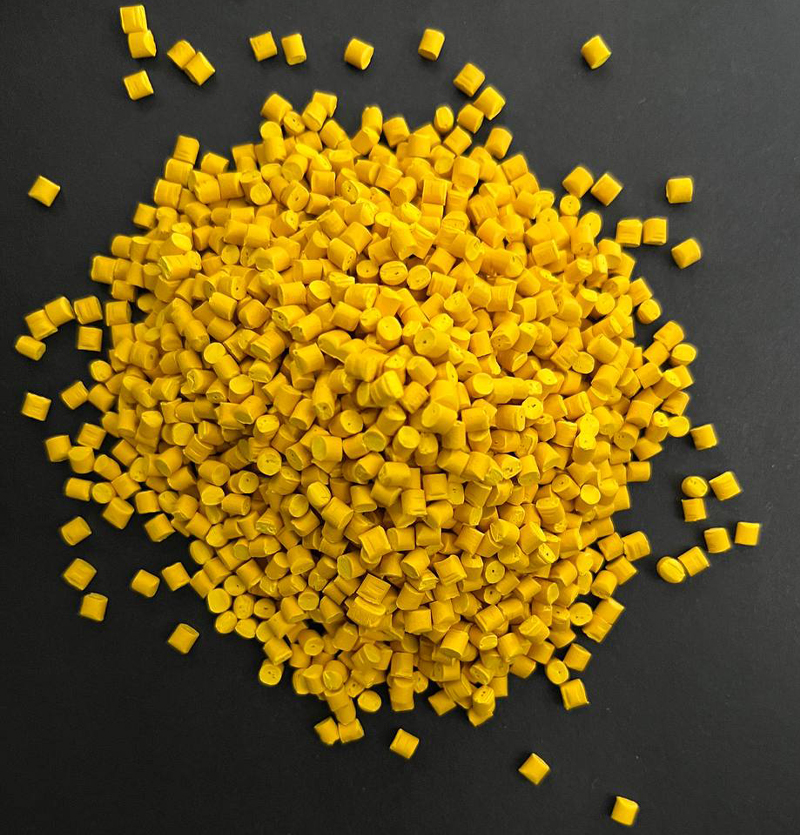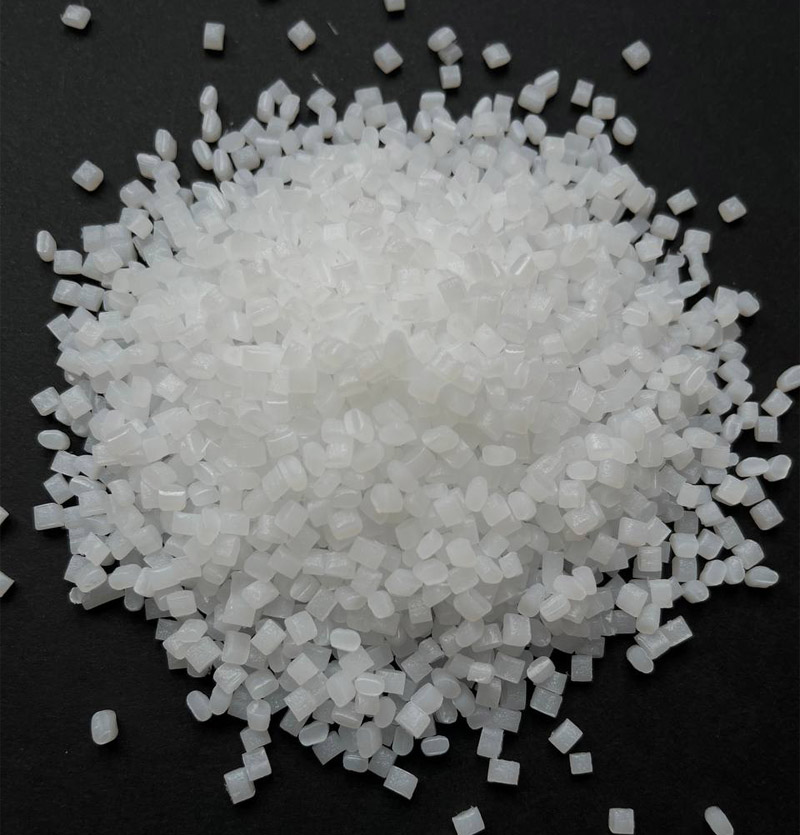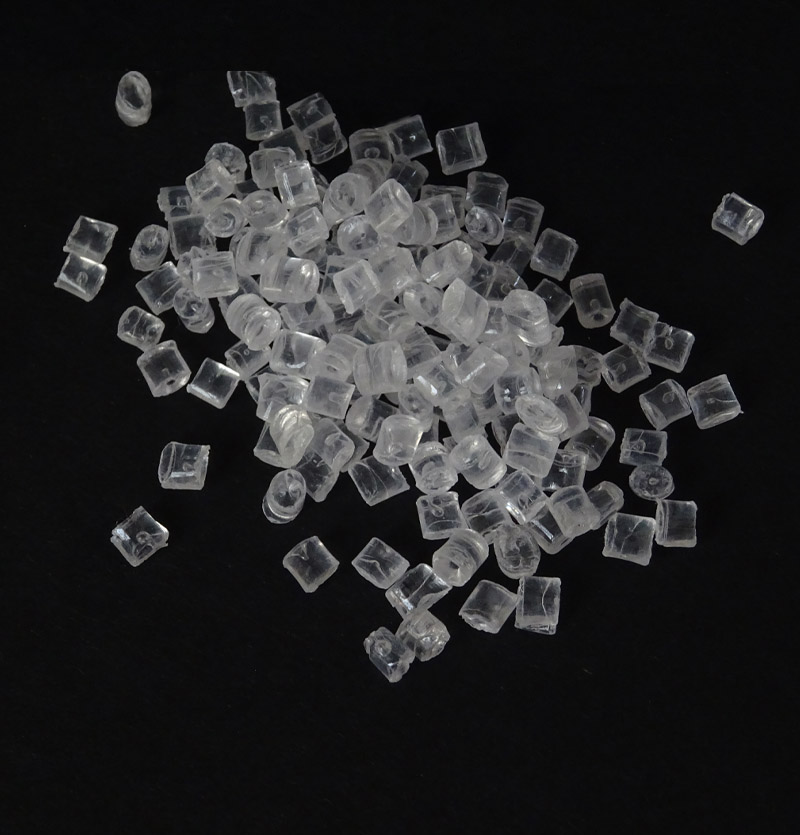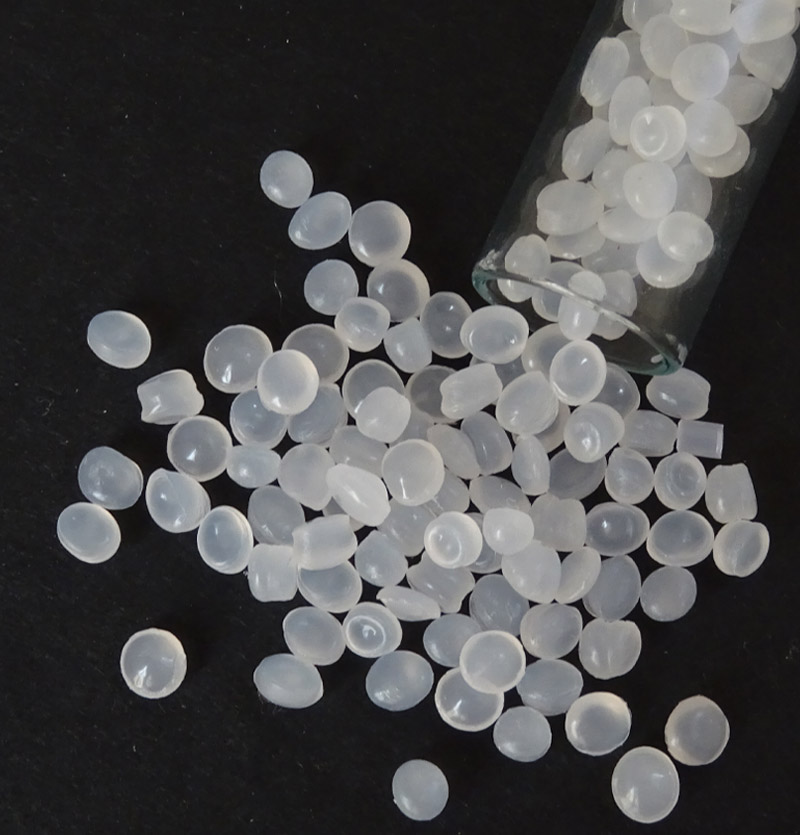Most Viewed Products
wci-polimer
- Specialized supplier of all kinds of granular polymer materials and export compounds
More than 30 years of experience in the production of all kinds of plastic and granular materials
Compound supplier and exporter to Central Asia and CIS countries










